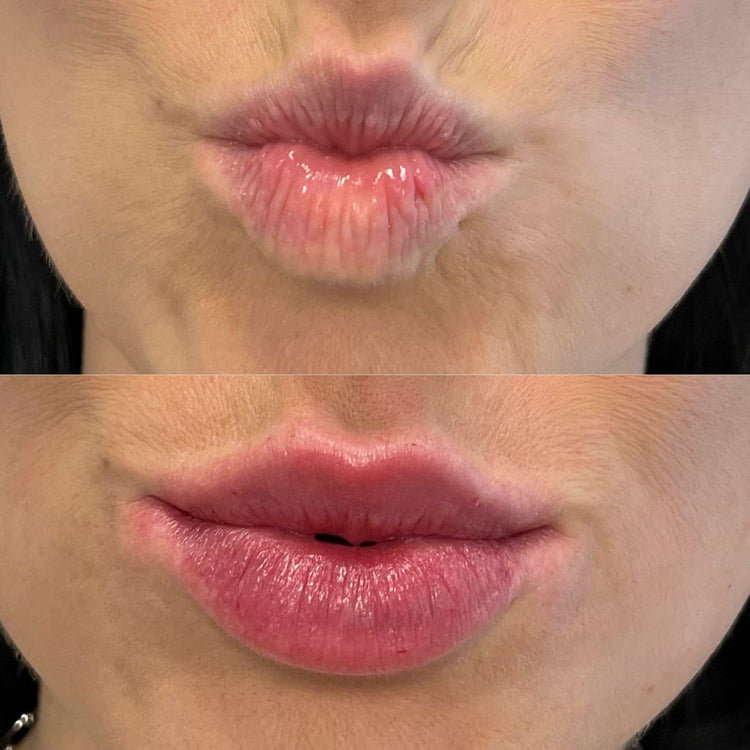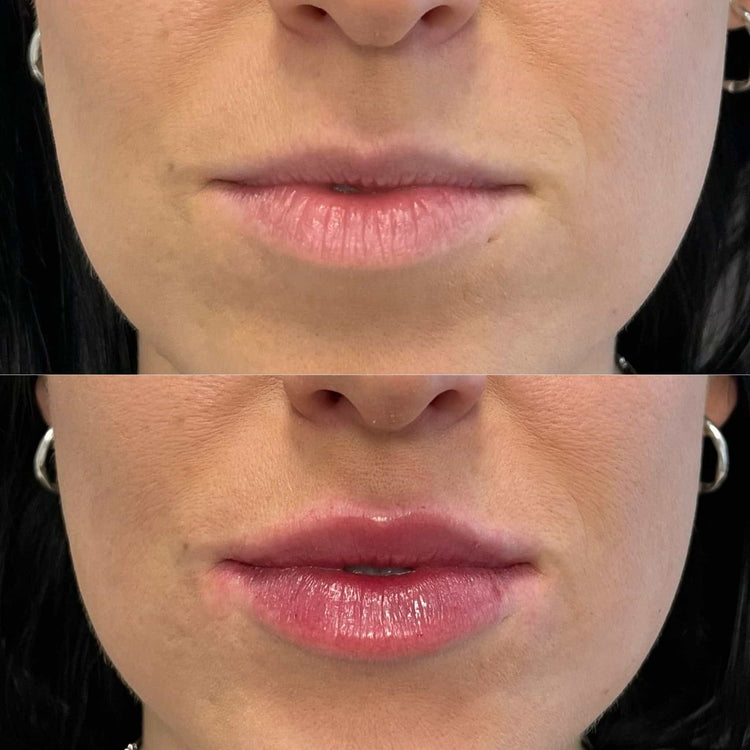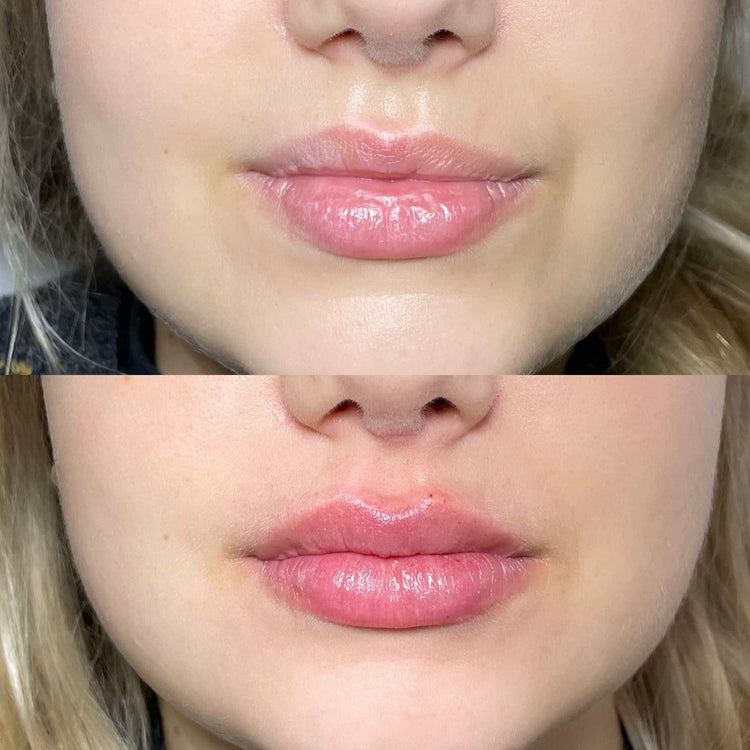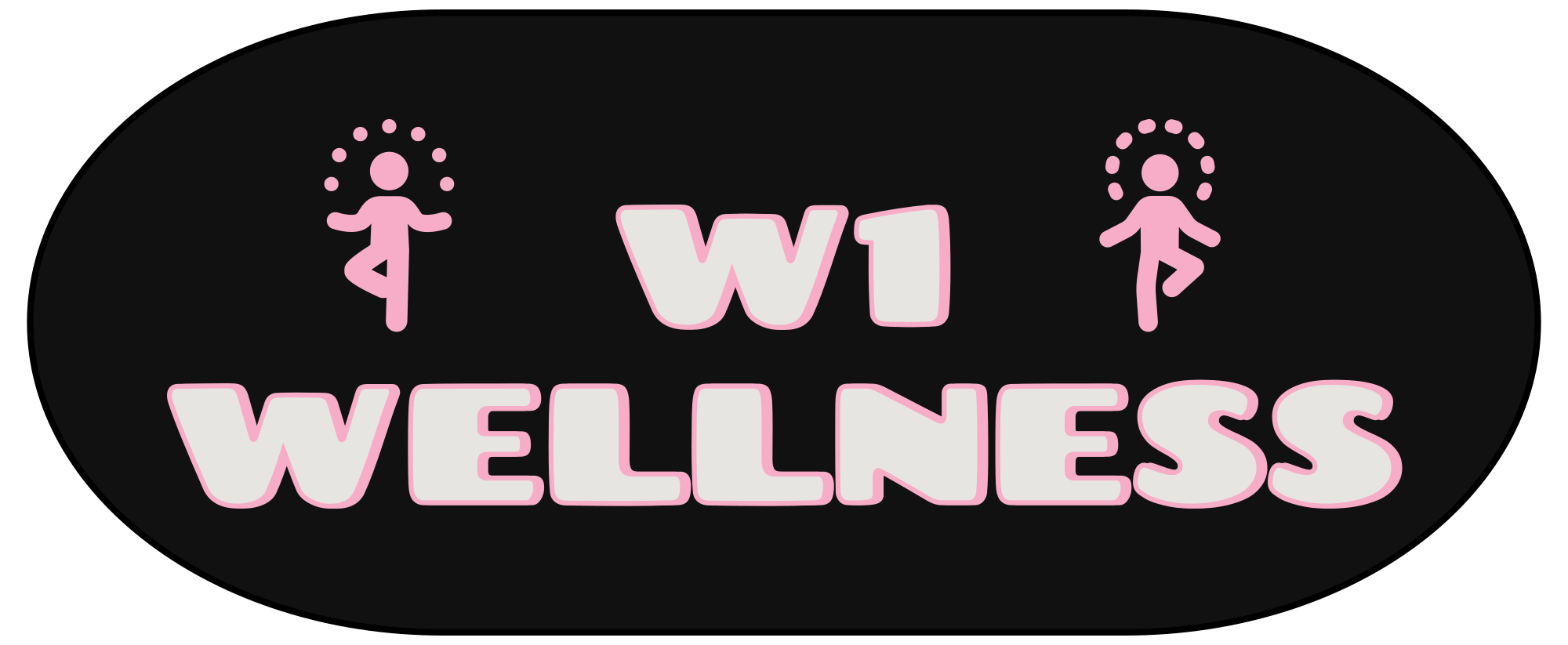Risks of Drinking Alcohol After Lip Fillers
While lip fillers can dramatically enhance your appearance, it’s crucial to be aware of potential risks and complications. Alcohol consumption after a lip filler procedure can negatively impact the results and potentially lead to adverse effects. Understanding these risks is essential for ensuring a safe and successful outcome.
Inflammation and Swelling

Drinking alcohol after getting lip fillers can increase inflammation and swelling, which are already common side effects of the procedure. Alcohol can dehydrate the body, making it harder for tissues to heal properly. It can also interfere with the way your body processes medications or anesthesia used during the filler injection.
This heightened inflammation and swelling could lead to unevenness in the filler placement, bruising, or even extend the healing process.
Complications with Filler Distribution
Alcohol consumption after lip fillers can disrupt the distribution of the filler material. The increased blood flow caused by alcohol can lead to the filler spreading beyond the intended area, resulting in an unnatural appearance or asymmetry.
Additionally, alcohol can thin the blood, increasing the risk of bruising and bleeding at the injection site.
Increased Bleeding Risk
Drinking alcohol after lip fillers can increase inflammation and swelling, which are already common side effects of the procedure. Alcohol can dehydrate the body, making it harder for tissues to heal properly. It can also interfere with the way your body processes medications or anesthesia used during the filler injection.
This heightened inflammation and swelling could lead to unevenness in the filler placement, bruising, or even extend the healing process.
Alcohol consumption after lip fillers can disrupt the distribution of the filler material. The increased blood flow caused by alcohol can lead to the filler spreading beyond the intended area, resulting in an unnatural appearance or asymmetry.

Additionally, alcohol can thin the blood, increasing the risk of bruising and bleeding at the injection site.
Timing Considerations
Timing is crucial when it comes to procedures like lip fillers. Understanding how certain activities, such as consuming alcohol, can impact the healing process and final results is essential for a successful outcome.
Waiting Period Recommendations
It’s generally recommended to abstain from alcohol consumption for at least 24-48 hours after getting lip fillers.

This allows your body time to begin the healing process without interference. During this waiting period, focus on hydrating with water and following any post-procedure instructions provided by your injector.
Avoiding alcohol helps minimize swelling, reduce the risk of bruising, and ensure that the filler material settles properly for optimal results.
Monitoring for Reactions
Timing considerations are essential after lip filler procedures. The body needs time to heal and the filler to settle in its intended position. Consuming alcohol too soon after treatment can disrupt these processes.
Monitoring for reactions is also crucial. Pay attention to any signs of swelling, redness, bruising, or discomfort. If you experience any unusual symptoms, contact your injector immediately.
Alternatives to Alcohol Consumption
Lip fillers are a popular cosmetic procedure that can enhance lip shape and volume. However, there are certain lifestyle choices that can impact the healing process and final results. Alcohol consumption after lip fillers is one such factor that requires careful consideration. Understanding how alcohol can affect the treatment outcome is crucial for achieving desired aesthetic results.
Hydration Strategies
There are numerous ways to stay hydrated and enjoy social gatherings without relying on alcoholic beverages. Water is always a great choice, and you can add flavor with slices of fruit or herbs. Sparkling water provides a bubbly alternative, and unsweetened tea offers both hydration and antioxidants.
For those who prefer a bit more sweetness, try infused waters with berries or cucumber, or explore non-alcoholic cocktails made with juices, sodas, and mixers.
Remember, staying hydrated is essential for overall health and well-being. Explore these alternatives to alcohol and find what works best for you.
Other Enjoyable Beverages
There are numerous ways to stay hydrated and enjoy social gatherings without relying on alcoholic beverages. Water is always a great choice, and you can add flavor with slices of fruit or herbs. Sparkling water provides a bubbly alternative, and unsweetened tea offers both hydration and antioxidants.
For those who prefer a bit more sweetness, try infused waters with berries or cucumber, or explore non-alcoholic cocktails made with juices, sodas, and mixers.
Remember, staying hydrated is essential for overall health and well-being. Explore these alternatives to alcohol and find what works best for you.
Expert Advice from Professionals
Lip fillers can dramatically enhance your appearance, but understanding potential risks is crucial for a successful outcome. One factor to consider is alcohol consumption after the procedure. Drinking alcohol can negatively impact results by increasing inflammation, swelling, and potentially disrupting the filler’s distribution.
Recommendations from Dermatologists
It is generally recommended to abstain from alcohol consumption for at least 24-48 hours after getting lip fillers. This allows your body time to begin the healing process without interference.
During this waiting period, focus on hydrating with water and following any post-procedure instructions provided by your injector. Avoiding alcohol helps minimize swelling, reduce the risk of bruising, and ensure that the filler material settles properly for optimal results.
Tips from Licensed Injectors
Drinking alcohol after lip fillers can increase inflammation and swelling, which are already common side effects of the procedure. Alcohol can dehydrate the body, making it harder for tissues to heal properly. It can also interfere with the way your body processes medications or anesthesia used during the filler injection.
This heightened inflammation and swelling could lead to unevenness in the filler placement, bruising, or even extend the healing process.
Alcohol consumption after lip fillers can disrupt the distribution of the filler material. The increased blood flow caused by alcohol can lead to the filler spreading beyond the intended area, resulting in an unnatural appearance or asymmetry.
Additionally, alcohol can thin the blood, increasing the risk of bruising and bleeding at the injection site.
- Drinking alcohol after lip fillers can increase inflammation and swelling
- Alcohol can dehydrate the body, hindering proper tissue healing.
- It can interfere with medication and anesthesia processing.
- This can lead to uneven filler placement, bruising, or extended healing.
- Alcohol consumption can disrupt filler distribution, causing unnatural appearance or asymmetry.
- Alcohol thins the blood, increasing bruising and bleeding risks at the injection site.
It’s generally recommended to abstain from alcohol consumption for at least 24-48 hours after getting lip fillers.
Enhance your lips and boost your confidence with Dr. Laura Geige at It’s Me & You Clinic
- Alluzience Longer Lasting Botox Near Walton On Thames, Surrey - September 3, 2025
- How Nefertiti Neck Lift Can Improve Skin Tightness And Neck Contours - August 30, 2025
- How Much Is One Syringe Of Radiesse? - August 29, 2025
